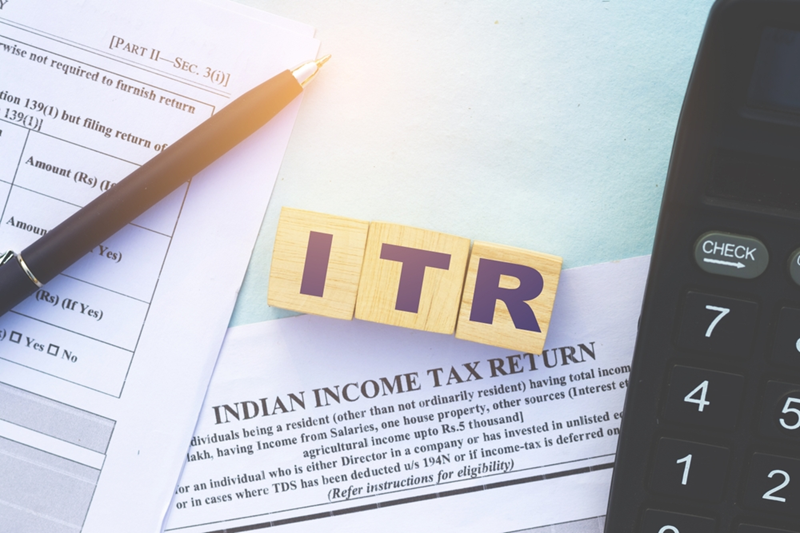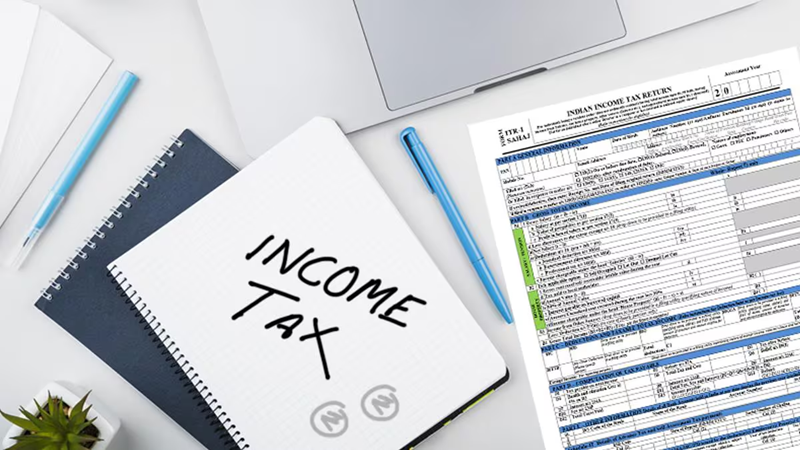
The last date for filing ITR is 31st July, i.e. you have to file tax by this date at any cost. If you delay it, i.e. if you file tax after 31st July, then you will have to pay a penalty. According to the rules of the Income Tax Department, if you file an ITR after the prescribed date, then you have to pay a penalty. But there is also a category for which a separate deadline is made. Know about it here-
First, know how much penalty will be imposed after 31st July.
If the annual income of an individual taxpayer is more than Rs 5 lakh, then he will have to pay a late fee of up to Rs 5,000 on filing ITR after the prescribed date. On the other hand, if the annual income is less than Rs 5 lakh, then he will have to pay Rs 1,000 as a late fee. But if you file income tax by the prescribed date of 31st July, then you can avoid the penalty.
Who can file an ITR after 31 July?
For such businessmen or individuals whose accounts need to be audited, the deadline to file ITR is different. These people can file ITR till 31 October. They are given 3 months extra time by the Income Tax Department so that they can get the audit done by a recognized CA and then file their ITR.

They are allowed to file ITR till 30 November.
There is also an exemption in filing ITR for certain types of transactions. If a business needs to apply a transfer pricing report in its international transactions, then such a business is given extra time to file ITR. Such people can file their returns till 30 November. Apart from international transactions, such exemption is also given in certain types of domestic transactions.
PC Social media










